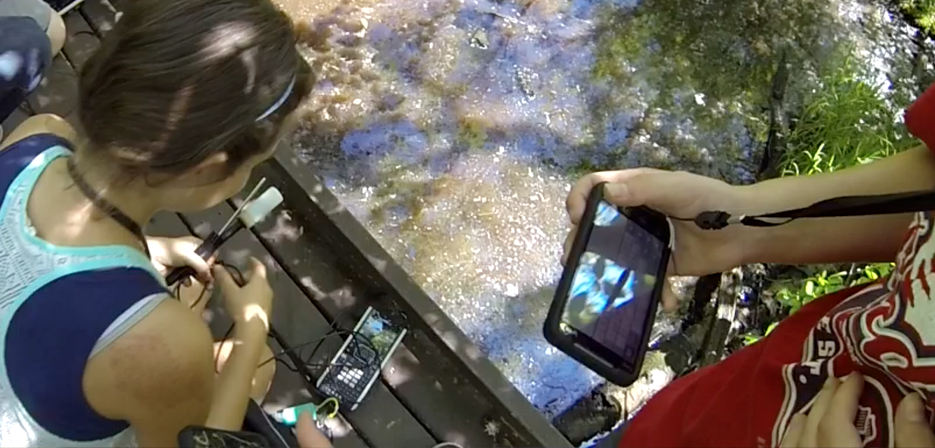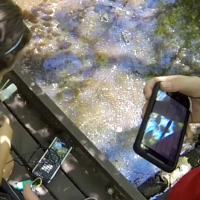

EcoMOBILE
Leveraging augmented reality to support students' understanding of ecosystems
EcoMOBILE (Ecosystems Mobile Outdoor Blended Immersive Learning Environment) is an extension of an earlier project called EcoMUVE and the resulting curriculum, developed at the Harvard Graduate School of Education with funding from the Institute of Education Sciences. In EcoMUVE, students explore a virtual representation of a pond ecosystem. In EcoMobile, funded by the National Science Foundation and Qualcomm's Wireless Reach initiative, students will use the EcoMUVE software and also extend their learning with mobile technologies through one or more field trips to a local pond environment. Two forms of technology for science education will enhance their experience in the real world.

-
-
-
-
-
-
Support PZ's Reach